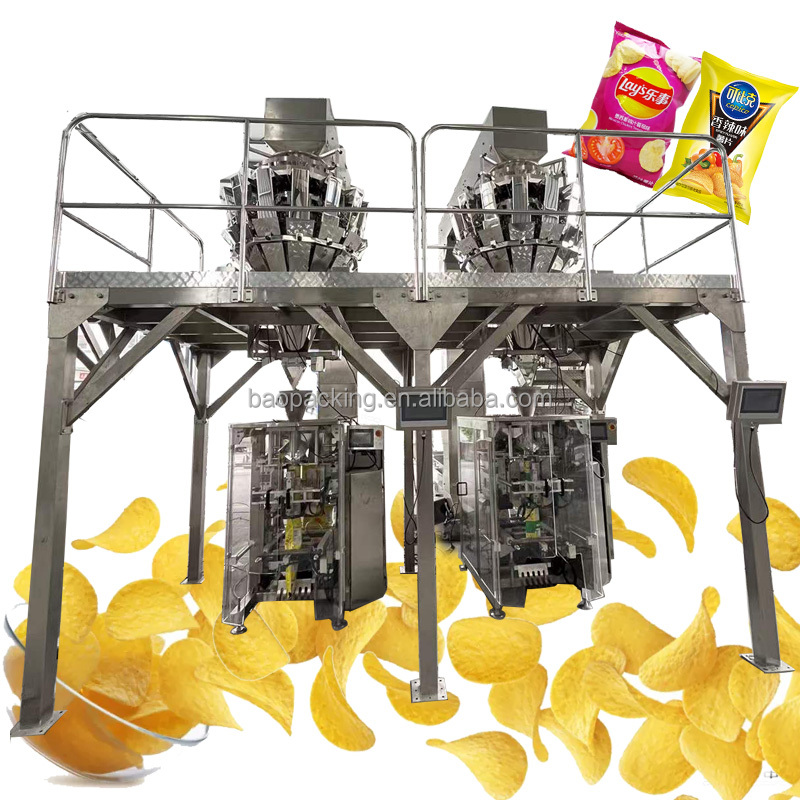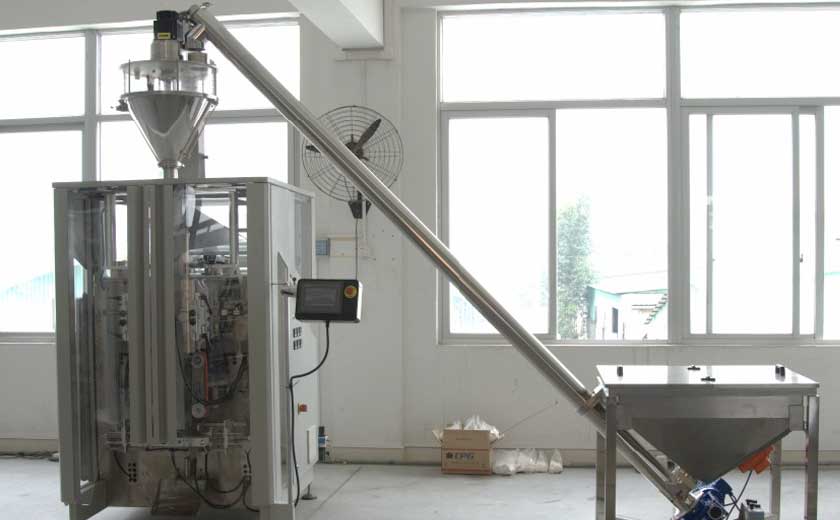Key Considerations for Choosing a Liquid Pouch Filling Machine
Key Considerations for Choosing a Liquid Pouch Filling Machine: A Comprehensive Guide
In today’s competitive market, selecting the right liquid pouch filling machine is paramount to ensuring optimal production efficiency. With a plethora of options available, navigating the decision-making process can be akin to threading the eye of a needle. This article unveils the pivotal factors to consider when embarking on this crucial journey.
1. Product Characteristics:
The nature of the liquid being filled holds the key to selecting the ideal machine. Factors such as viscosity, temperature, and particle size influence the choice of filling method and packaging materials. For delicate liquids, gentle handling techniques are essential, while viscous substances may require specialized pumps.
2. Filling Capacity and Speed:
Determine the desired filling volume per pouch and the target production rate. Consider peak and average demand to ensure the machine meets current and future needs. Accurate filling and high throughput are crucial for maintaining efficiency.
3. Packaging Material:
The type of pouch material (e.g., plastic, foil, or laminated) dictates the compatibility of the filling system. Machines designed for specific materials optimize sealing and minimize product contamination.
4. Filling Method:
Common filling methods include volumetric, gravity, and piston pumps. Volumetric filling is suitable for high-volume operations, while gravity filling is ideal for viscous liquids. Piston pumps provide accurate and controlled filling.
5. Machine Features:
Additional features such as automatic pouch feeding, air evacuation, and multiple filling heads can enhance productivity and reduce labor costs. Consider the ease of cleaning, maintenance, and sanitization to minimize downtime.
6. Hygiene and Safety Standards:
Adherence to industry regulations and best practices is essential for food and beverage applications. Choose machines that meet sanitary design guidelines, feature clean-in-place capabilities, and comply with relevant safety certifications.
7. Integration with Existing Infrastructure:
Determine how the filling machine will integrate with existing production lines. Consider compatibility with conveyors, labeling systems, and packaging equipment. Seamless integration ensures efficient workflow and reduces downtime.
8. Vendor Support and Service:
Reliable vendor support and service are invaluable throughout the machine’s lifecycle. Technical assistance, spare parts availability, and prompt response times can minimize disruptions and ensure optimal performance.
9. Cost Considerations:
While cost is a significant factor, it should not overshadow the importance of reliability, functionality, and long-term value. Consider the machine’s purchase price, operating costs, and maintenance expenses to make an informed decision.
By carefully evaluating these key considerations, manufacturers can make an informed choice that aligns with their specific production requirements. Choosing the right liquid pouch filling machine empowers them to streamline operations, enhance product quality, and achieve sustained profitability in today’s competitive market.
-
Overview of Packaging Machine Buying Guides
08-01-2024 -
How Does a Vertical Form Fill Seal Machine Work?
30-10-2023 -
Advancements in Auger Powder Filling Technology
27-10-2023 -
A Deep Dive into Automatic Packaging Machines
26-10-2023 -
The Revolutionary Fully Automatic Potato Chips Packaging Machine
20-09-2023 -
How to choose the right packaging machine?
23-08-2023 -
Reducing Waste And Maximizing Yield With Multihead Weigher Machines
15-03-2023 -
Nuts Packaging Machine for Dry Products Perservation
26-11-2022 -
Is Automated Biscuit Packaging Machine Better Than Manual Opeartion?
25-11-2022













